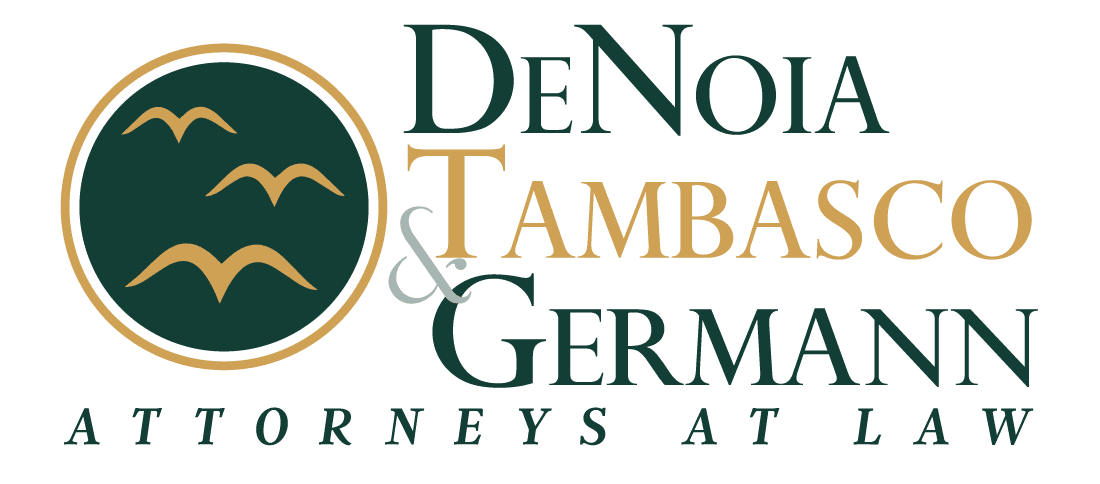Medical Malpractice Lawyer
When pursuing a medical malpractice case, gathering evidence is crucial to build a strong and compelling argument. Medical malpractice claims involve complex legal and medical considerations, making it essential to have solid evidence to support your case. Here are some steps to help you obtain the evidence needed for a medical malpractice lawsuit according to a medical malpractice lawyer from our friends at Andersen & Linthorst.
Consult with a medical malpractice attorney: Before gathering evidence, it is important to consult with an experienced medical malpractice attorney who can guide you through the legal process. They will help you understand the specific requirements for your case and advise you on the types of evidence needed. They will also be crucial in collecting evidence because they will conduct their own investigation into your case.
Obtain medical records: Medical records are a critical piece of evidence in a medical malpractice case. Request a copy of your complete medical records from all relevant healthcare providers involved in your treatment. These records will contain information such as diagnoses, treatment plans, medications administered, and any complications or adverse events that occurred.
Secure expert opinions: Medical malpractice cases often require expert testimony to establish the standard of care and demonstrate any deviations from it. Your attorney will help you identify and consult with qualified medical experts who can review your medical records and provide an opinion on whether malpractice occurred. These experts can play a pivotal role in strengthening your case. It is important to note that these experts do not necessarily have to have been present or directly part of your problem. So long as they have extensive expertise in their field, they can be called upon to provide an opinion.
Preserve physical evidence: If there is any physical evidence related to your case, such as medical devices, implants, or samples, make sure to preserve them. They may be essential for supporting your claims or demonstrating a defective product.
Gather witness statements: Identify any witnesses who may have observed the medical treatment in question or have relevant information about your case. Witnesses could include healthcare professionals, other patients, or family members. Obtain written statements or deposition testimony from these individuals to support your claims.
Document your experiences: Keep a detailed record of your own experiences, including symptoms, changes in your condition, pain levels, and any communication you had with healthcare providers. This personal account can provide valuable insights into the impact of the medical negligence on your life and well-being. Try to get everything in writing to have on hand for later.
Collect relevant research and literature: Research studies, medical guidelines, and literature related to your condition and the treatment you received can be used to establish the accepted standard of care and show any deviations from it. Your attorney can help you identify and gather these resources.
Remember, gathering evidence for a medical malpractice case can be a complex and time-consuming process. Working closely with an experienced attorney will help ensure that you have a comprehensive and well-supported case. If you are in need of assistance, contact an attorney near you today.
